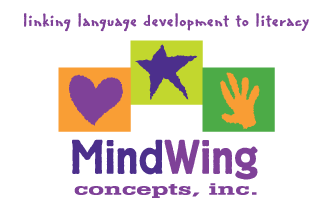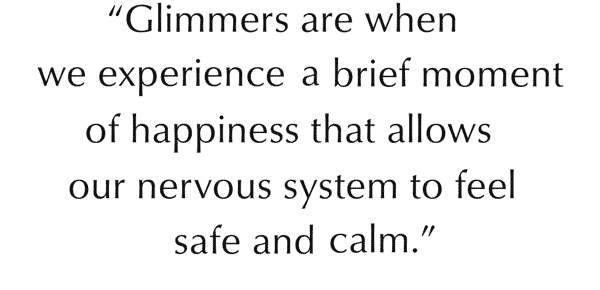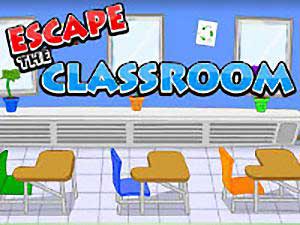Secure Checkout + FREE SHIPPING (U.S. Orders over $60)
Menu
-
- Home
-
About Us
-
The Approach
-
Linking Language & Literacy
-
Professional Learning
-
Learning Resources
-
SHOP
-
Blog
-
- About MindWing
- Our People
- Contact Us
- Your Account
- Login
-
United States (USD $)

Secure Checkout + FREE SHIPPING (U.S. Orders over $60)

Tool Tuesday: Gratitude is a Little Story (With Typable Lesson Material!)
November 20, 2025
I almost dislike writing about gratitude at Thanksgiving time, as it is a practice that is self-regulating all year round. It is well documented that regularly steering our thinking toward gratitude helps override our brain’s negativity bias and train ourselves to notice positive elements of life, with influence on our mood, and therefore our executive functioning. Recent discourse around gratitude has created the term “glimmers,” serving as the opposite of “triggers.” Glimmers are small observations that help calm our nervous systems....

Downloadable Lesson Material

Tool Tuesday: Summer Study Series, Part 1—Getting Gamey!
June 23, 2025
Happy Summer! Each year we set aside these few months on the blog to explore some recent research articles and literature that have relevance to MIndWing’s tools and narrative and expository language supports. This month we check out the first of a two-part article discussing game-based learning (GBL), a popular approach for engagement in classrooms, which can be found at Getting Serious About Games: Exploring How Game-Based Learning Is Used in Education and Therapy. The piece has many points that relate to how games can be used as a language and learning context...

Tool Tuesday: Create Stories in Slides
April 21, 2025
I have often thought that although assessment materials—including SLAM (School Aged Language Assessment) cards offered by the Leaders Project—offer great baseline or progress monitoring tools, it would be great to have something similar for treatment. I have been continually impressed by the materials the graduate students I work with at Boston University create with Slides Go, so I wanted to tell you about this great resource! Slides Go is designed to provide Google Slides or PowerPoint templates, generally to adults making presentations. Sounds boring, right? HOWEVER, the templates include adorable cartoon-like sets that are very appealing to young students...

Tool Tuesday: Scribblenauts!
January 24, 2025
Lately, I’ve been coming back to an oldie-but-goodie resource, SCRIBBLENAUTS (“Remix” version available for iPad or iPhone for $.99 with tons of content, other options explored below). Scribblenauts is a puzzle game where players can type in upwards of 20,000 nouns, even with adjective modifiers, to bring in objects that help solve stated problems within the scene. As such, it provides an open-ended “sandbox” with a range of stories solvable with actions and elaborated noun phrases. I like to think of Scribblenauts as a series of mini-lessons, one of those 5-10 min “rewards” for students that are actually language therapy activities...

The Holiday Hustle: Finding Time for Meaningful Holiday-Themed Story Grammar Marker® Lessons
December 17, 2024

Tool Tuesday: The story of creating an AI-generated story!
November 25, 2024
